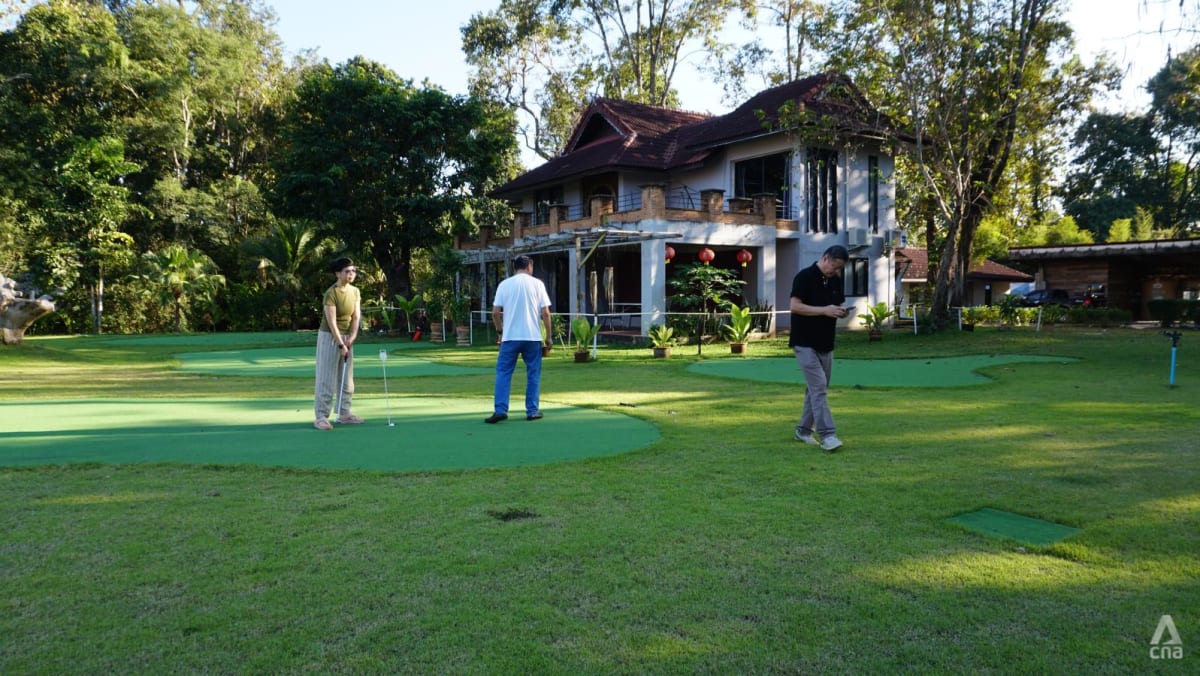Northern Illinois stunned No. 5 Notre Dame last weekend on a last-second field goal to notch college football’s first big upset of 2024. For the Huskies, it’s a win they’ll be celebrating for years to come. For the Fighting Irish, it’s a season-crusher. To lose the home opener to a small school from a vastly inferior conference was an embarrassment for Notre Dame.
Especially since they paid NIU $1.4 million to do it.
This shines a light on one of the longest and most expensive traditions in college football: guarantee games. They’re also called “money games,” “paycheck games,” or, as I like to call them, “buy weeks.”
An expensive (and risky) tradition
For decades, in the first few weeks of the season, major college football institutions have paid smaller schools to come to play them in their house.
In Week 1 alone, more than $35 million was spent across at least 55 guarantee games, according to Front Office Sports. Alabama wrote the biggest check to its opponent, Western Kentucky, for a whopping $1.9 million. WKU lost that game 63–0, but they probably hit the bank on the bus ride home and likely won’t think twice about it.
In Week 2, three schools—Western Michigan, Middle Tennessee, and Utah State—got payouts bigger than NIU’s $1.4 million. They lost by a combined score of 156–3, but they took home a total of $4.85 million in the process.
It’s generally a good deal for both teams. The small schools get a paycheck, the big schools get another home game to milk gameday revenue. The small school gets to play on the big stage and get national exposure, the big one gets a cupcake on the schedule to start the year in a sport with no preseason. So all’s well and good until the lesser team decides to show out and pull the upset.







